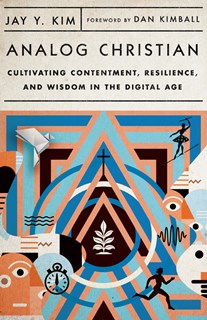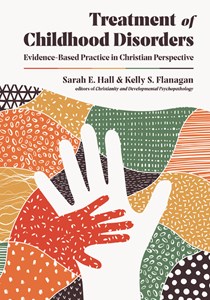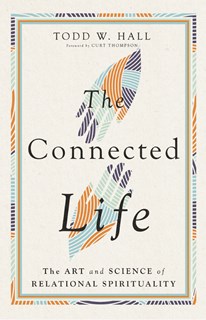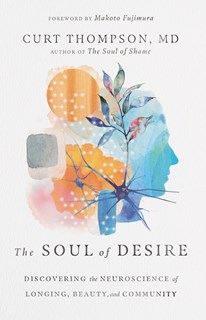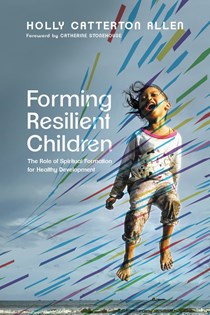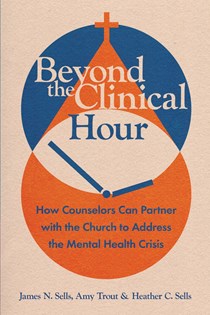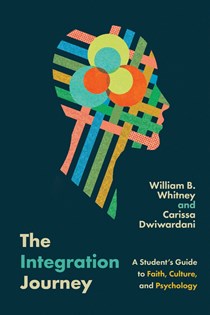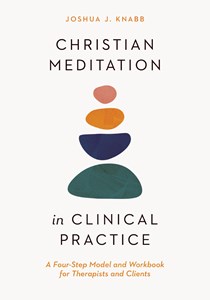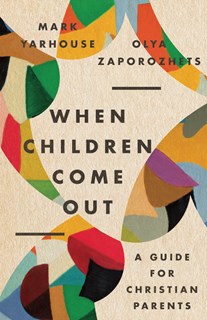Psychology & Counseling
-
Analog Christian
Cultivating Contentment, Resilience, and Wisdom in the Digital Age
by Jay Y. Kim
Foreword by Dan KimballThe Gospel Coaltion Award of Distinction—Christian Living
Outreach Resource of the Year
The digital age is in the business of commodifying our attention. The technologies of our day are determined to keep us scrolling and swiping at all costs, plugged into a feedback loop of impatience, comparison, outrage, and contempt. Blind to the ...
-
Treatment of Childhood Disorders
Evidence-Based Practice in Christian Perspective
Christian Association for Psychological Studies Books
by Sarah E. Hall and Kelly S. Flanagan
Caring for the mental health of children and their families is complex and challenging—and meaningful. For Christian clinicians who work with childhood disorders, however, few resources exist to address such treatment from a research-based Christian integration perspective.
Treatment of Childhood Disorders fills this gap by combining biblical and theological understanding ...
-
The Connected Life
The Art and Science of Relational Spirituality
by Todd W. Hall
Foreword by Curt ThompsonIt's no secret that we live in an increasingly isolated world. The pandemic has only exacerbated what was already a startling trend: loneliness and disconnection have been on the rise for a long time in our society. We long for a deep sense of meaning to make sense of our lives, but we don't know how to find it. Even worse, we often search for it in unhealthy ways that hinder the ...
-
The Soul of Desire
Discovering the Neuroscience of Longing, Beauty, and Community
by Curt Thompson
Foreword by Makoto FujimuraA Spiritual and Neurobiological Redemption of Desire
We are people of desire.
In The Soul of Desire, psychiatrist Curt Thompson suggests that underneath all our longings is the desire to be known—and what's more, that this fundamental yearning manifests itself in our deep need to make things of beauty, revealing who we are to others. Desire and beauty go hand ...
-
Positive Psychology in Christian Perspective
Foundations, Concepts, and Applications
Christian Association for Psychological Studies Books
by Charles Hackney
"Some theories of [psychology] are based largely on the behavior of sick and anxious people or upon the antics of captive and desperate rats. Fewer theories have been derived from the study of healthy human beings, those who strive not so much to preserve life as to make it worth living. Thus we find . . . many studies of criminals, few of law-abiders; many of fear, few of courage; ...
-
Forming Resilient Children
The Role of Spiritual Formation for Healthy Development
by Holly Catterton Allen
Foreword by Catherine StonehouseMany children today are growing up in the midst of adversity, whether brought on by family difficulties or larger societal crises. All children need to be able to deal with stress, cope with challenges, and persevere through disappointments. While we cannot protect children from all hardships, we can promote healthy development that fosters resilience.
In this interdisciplinary ...
-
Beyond the Clinical Hour
How Counselors Can Partner with the Church to Address the Mental Health Crisis
Christian Association for Psychological Studies Books
by James N. Sells, Amy Trout, and Heather C. Sells
Foreword by Ed StetzerThe global mental health crisis is growing faster than our existing mental health care system can address. To meet the scope of human need, we need new models of care. The good news is that there is an institution uniquely positioned with the resources and the heart to help: the church.
Psychologists James Sells and Amy Trout and journalist Heather Sells know firsthand the ...
-
The Integration Journey
A Student's Guide to Faith, Culture, and Psychology
Christian Association for Psychological Studies Books
by William B. Whitney and Carissa Dwiwardani
There are numerous models, theories, and resources on integrating psychology and the Christian faith. But practicing integration in the real world is something else entirely. To move from theory to practice, we need learning informed by experiences, reflection on those experiences, and feedback from others. This integration process is a lifelong journey.
William B. Whitney ...
-
Christian Meditation in Clinical Practice
A Four-Step Model and Workbook for Therapists and Clients
Christian Association for Psychological Studies Books
by Joshua J. Knabb
Christians are hungry for a return to their own tradition to cultivate meditation practices that are both psychologically and spiritually fruitful. In recent decades, mindfulness meditation, which originates from the Buddhist tradition, has been embraced in many settings as a method for addressing a plethora of symptoms. What would it look like to turn instead to the Christian faith ...
-
When Children Come Out
A Guide for Christian Parents
by Mark A. Yarhouse and Olya Zaporozhets
If you are a parent wrestling with God, you are not alone.
When a child comes out as LGBTQ+, Christian parents often find themselves navigating unfamiliar, unsettling terrain. Mark Yarhouse and Olya Zaporozhets, therapists and researchers with decades of experience, have written this book to provide perspective, insight, and the chance to learn from others who've shared a ...


